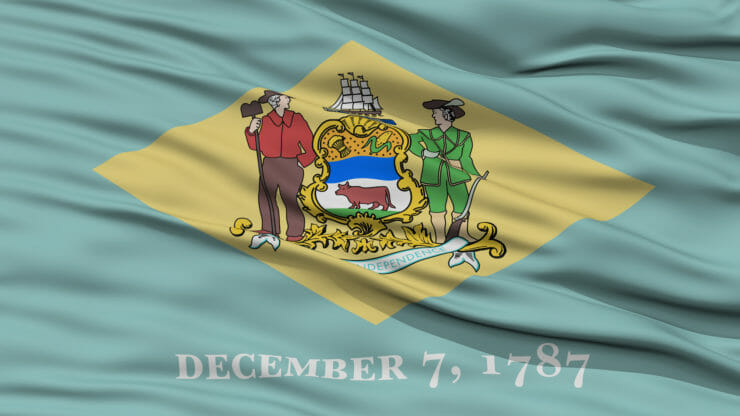
The Agriculture Improvement Act of 2018 (2018 Farm Bill) legalized hemp by removing the crop and its derivatives from the definition of marijuana under the Controlled Substances Act (CSA) and by providing a detailed framework for the cultivation of hemp. The 2018 Farm Bill gives the US Department of Agriculture (USDA) regulatory authority over hemp cultivation at the federal level. In turn, states have the option to maintain primary regulatory authority over the crop cultivated within their borders by submitting a plan to the USDA.
This federal and state interplay has resulted in many legislative and regulatory changes at the state level. Indeed, most states have introduced (and adopted) bills that would authorize the commercial production of hemp within their borders. A smaller but growing number of states also regulate the sale of products derived from hemp.
In light of the rapidly evolving legislative changes, we are also presenting a 50-state series analyzing how each jurisdiction treats hemp-derived cannabidiol (Hemp CBD). Today we turn to Delaware.
In 2014, Delaware passed its Industrial Hemp Research Act (the “IHRA”). Pursuant to the IHRA, “Industrial hemp” is defined as:
the plant Cannabis sativa L. and any part of such plant, whether growing or not, with a delta-9 tetrahydrocannabinol concentration of not more than 0.3 percent on a dry weight basis.
In line with the 2014 Farm Bill, the IHRA allows the Delaware Department of Agriculture (“DDA”) to cultivate and certify institutions of higher education—not individuals or businesses—to cultivate industrial hemp for agricultural or academic research purposes.
However, about a year ago, the state legislature enacted Senate Bill 266, which provided some critical updates to the IHRA. SB-266 notably authorizes the DDA to adopt regulations to permit industrial hemp cultivation for broader purposes than just agricultural or research purposes—if that cultivation were consistent with federal law. According to the DDA, the hemp pilot program requires operators to partner with the Delaware State University and that “[p]roduction of hemp for research purposes is limited to 10 acres per approved operation.”
Critically, SB-266 hasn’t yet allowed for commercial cultivation. According to the DDA, commercial cultivation won’t be allowed until the USDA issues its own regulations for hemp production plan review:
When USDA re-opened following the shutdown, any plans that had been submitted by states were not approved and before submitting plans, states were instructed to wait for regulatory guidance from USDA regarding the 2018 Farm Bill and hemp production. Furthermore, for the 2019 planting season, the 2018 Farm Bill provides states and institutions of higher education the ability to continue to operate under the authority of the 2014 Farm Bill.
This hold from USDA means that no commercial production of hemp will be able to take place in Delaware for 2019. Growers can legally produce hemp in affiliation with an institute of higher education or state department of agriculture.
As first reported by Marijuana Moment, the USDA’s regulations should be released tis month.
In spite of this, in application materials for the hemp research program, the state notes:
The program authorizes growers to work with permitted institutions of higher education to gain knowledge of any aspect of hemp cultivation, harvesting, processing, marketing, or transportation of hemp for agricultural, industrial, or commercial purposes.
. . .
Hemp may not be grown in Delaware for general commercial activity, only as part of a research program; however, growers participating in the program are able to sell their crop if all research requirements are met.
In other words, while general commercial sales won’t be allowed, the DDA apparently views commercial sales for research purposes may be permissible. To that end, the DDA publishes an application for hemp processors on its website which states: “A Processor Registration is required for processing hemp in Delaware. Processing means to treat or transform harvested hemp from its natural state for distribution in commerce.” The application also states:
Please Note: The Delaware Department of Agriculture cannot advise that a viable market will exist for any processor of hemp to sell their crop. The Delaware Department of Agriculture does not hold any responsibility for ensuring that an end market for hemp or hemp products exists and does not take any responsibility for any losses that may be incurred by the processor.
For now, that’s the state of the law. DDA’s application materials for the hemp research program makes clear that it intends to open up for commercial cultivation when the USDA allows it to, so stay tuned for further updates.























